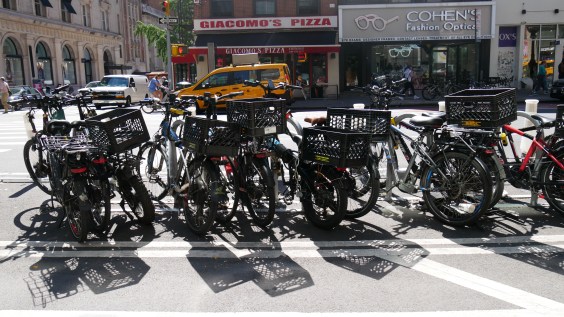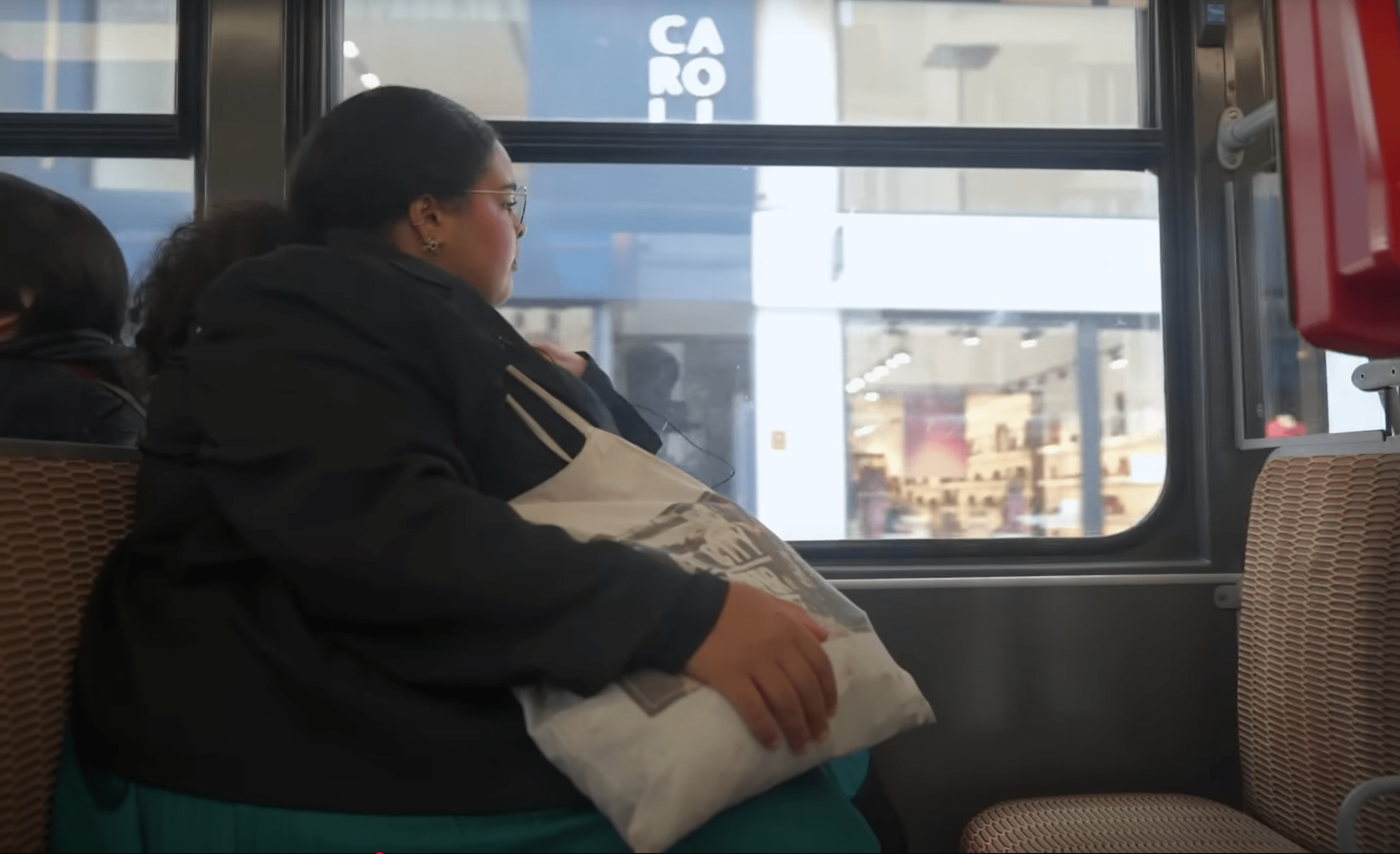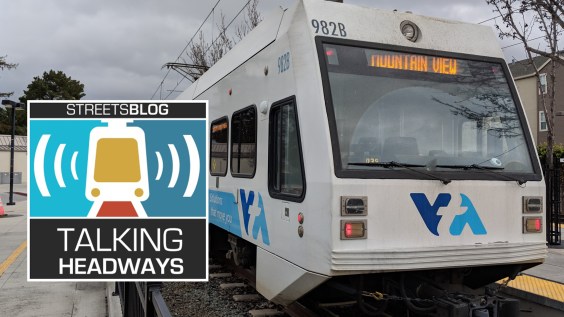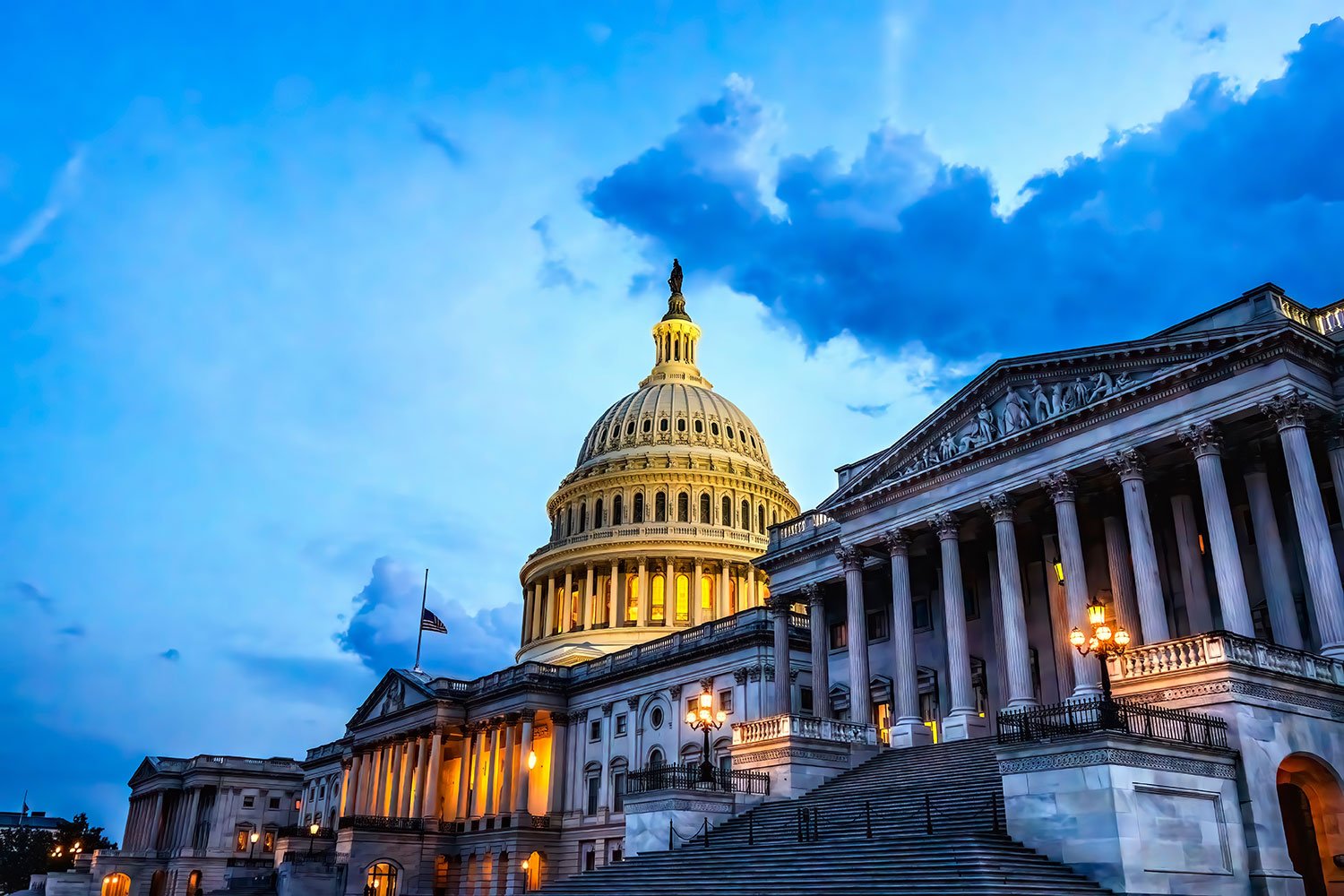If the Transportation Research Board annual meeting were a music festival, the headline act would have been yesterday's panel of six secretaries of transportation, including Ray LaHood (the incumbent) and Alan Boyd (the first to ever hold the post). As headliners go, they were a bit of a downer: They told a standing-room-only crowd that they're all pretty worried about America's ability to deliver the transportation policy the country needs.
By comparison, their opening act was a little more upbeat. Congressmen Bill Shuster, a Pennsylvania Republican and chairman of the Railroads Subcommittee in the House, and Earl Blumenauer, an Oregon Democrat and former member of the Transportation and Infrastructure Committee, held forth on "The Future Federal Role in Transportation." They demonstrated a little more reason for optimism than the secretaries did.
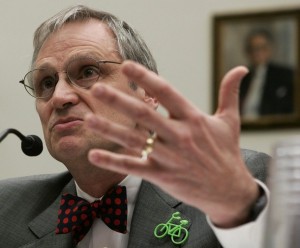
For one thing, Shuster defended the explicit constitutional responsibilities of the federal government to provide for infrastructure. And when asked about transportation's relationship to global trade, Shuster said, "When you're talking about trade, you're talking about transportation," since goods need to be shipped from factory to port to overseas. "Sometimes, my party doesn't link the two." It was a display of nonpartisanship that hearkened back to the days when, in Blumenauer's words, "Congress had three parties: Democrats, Republicans, and the T&I Committee." (Bill Shuster's father Bud chaired that committee from 1995 to 2001.)
But Shuster also opened his remarks with the announcement that his party's five-year surface transportation bill would be unveiled on Friday. And, less than 12 hours removed from a State of the Union address that stressed an "all-out, all-of-the-above" energy policy, he was all too happy to suggest the inclusion of gas and oil drilling revenue to pay for it. Blumenauer, on the other hand, pointed out that oil and gas drilling doesn't represent "anything near what's necessary" to fund transportation spending at current levels, given the declining power of the gas tax. Blumenauer expressed his hope that "sometime in the coming decade, we can move away from the gas and diesel fuel tax, and to something more stable, fair, and efficient" in the form of a mileage-based fee system. Blumenauer's home state of Oregon, which he pointed out was the first state to institute a gas tax dedicated to transportation funding, is in the midst of an experiment to implement VMT fees.
Nor did Shuster and Blumenauer agree on the extent to which urban transportation is a federal concern. Blumenauer, whose bicycle pin was bright yellow that morning, said that the federal government was out front with programs that support transit, biking, and walking -- and that the reauthorization should be treated as an opportunity to "think bigger, and not retreat on 20 years of progress" that began with the Intermodal Surface Transportation Efficiency Act in 1991. Blumenauer cited bicycle and pedestrian projects as accomplishing many worthy policy goals in transportation, environmental protection, and public health. But Shuster maintained that "when you start getting into the inner city, the federal government has less of a role to play. It's up to the local community and state to decide [their transportation priorities]." This attitude is likely to pervade the House's transportation bill, which is expected to eliminate all dedicated bike/ped funding and give traditionally highway-centric state DOTs more power over spending federal transportation money.
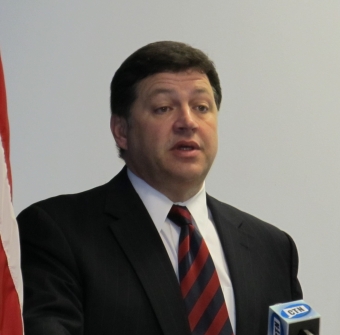
It's not a particularly surprising view among people who take a limited view of the role of government. What was interesting, however, is that Shuster expressed considerable support for building up the "last mile" infrastructure of freight transportation -- the connections between ports, distribution centers, and the larger freight network. But transit and bike/ped infrastructure, which represents the "last mile" for passenger transportation, didn't draw a mention from Shuster. Shouldn't that be a federal priority as well?
America's cities think so. "Transit is definitely in the federal interest," Jesse Prentice-Dunn of the Sierra Club told Streetsblog. "We need a performance-based transportation policy that spends dollars wisely, invests in our communities and helps break our dependence on oil. Giving Americans cleaner transportation choices, such as transit, biking and walking, meets those criteria and can help move our transportation system out of the 20th century."
Andrew Stober, a spokesperson for the Mayor's Office of Transportation and Utilities in Philadelphia, told Streetsblog that if the federal government backed away from its support for transit, "it would be a stark reversal of decades of transportation policy thinking in the U.S. which recognized that investing in multimodal mobility is good and important for the vibrancy of the national economy."
Stober acknowledged that until a long-term reauthorization bill is passed, there's no telling where the areas of greatest investment and disinvestment will be, but he has at least one reason to be optimistic. "There has not been a leadership team at U.S. DOT that has better understood the needs of cities and has worked harder for cities than the team that's in place," he said.

